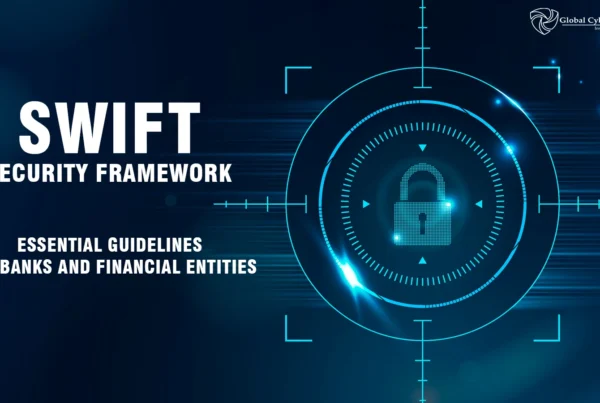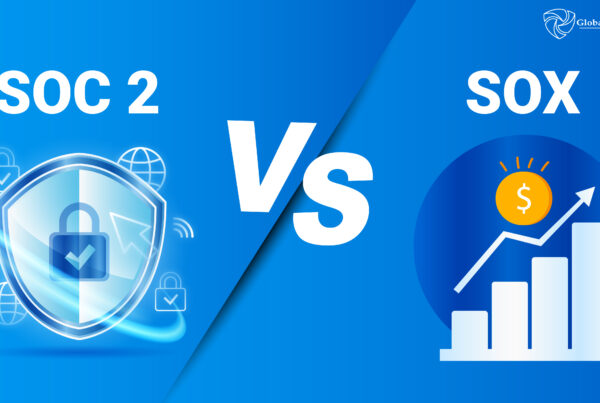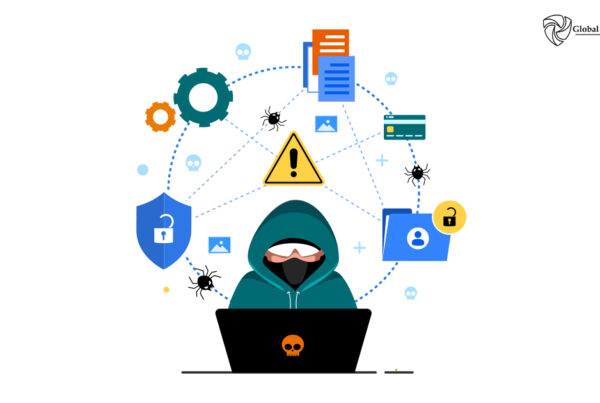
“Do I need a Data Protection Officer (DPO)?” Many small business owners ask this question when thinking about privacy rules. A DPO is someone who helps keep people’s personal information safe. They make sure the company follows the rules, answers questions, and talks to the government if needed. If you don’t know what a DPO does or how to get one, this guide will help you.
What is DPO (Data Protection Officer)?
A Data Protection Officer (DPO) is an independent expert in data privacy who helps make sure a company follows data protection laws. They check that the company is doing things correctly, give advice on what the company must do to stay compliant, and help with special checks called Data Protection Impact Assessments (DPIAs). Under the GDPR, some companies must have a DPO—especially if they handle a lot of sensitive data or regularly monitor people. The DPO works independently and reports directly to top management.
Key Responsibilities of a DPO:
- Monitor Compliance:
Make sure the company follows data protection laws (like GDPR) in all its activities. - Inform and Advise:
Teach and guide staff about their duties under data protection laws. - Conduct DPIAs:
Help carry out Data Protection Impact Assessments (DPIAs) to find and reduce data privacy risks. - Be a Contact Point:
Communicate with data protection authorities and answer questions from individuals about their personal data. - Keep Records:
Ensure the company keeps proper records of how it collects, stores, and uses personal data. - Report to Management:
Report regularly to the top management and give advice on improving data protection practices.
Which is More Suitable Internal vs. External DPO?
Choosing between an Internal or External Data Protection Officer (DPO) depends on how big your company is, what kind of data you handle, and what resources you have. Both choices have good and bad sides.
An Internal DPO is someone who already works in your company. They know the business, the people, and how things work every day. They are always around and can help quickly when needed. But they might need extra training about data privacy laws, and it could be hard for them to stay fully independent if they report to company managers.
An External DPO is someone you hire from outside the company. They are usually experts in data protection and have worked with many other businesses. They bring a fresh, independent view and focus only on keeping data safe. However, they might not always be available and can cost more, which may be harder for small companies.
Which One Should You Choose?
If your company is small and doesn’t have a trained person for the role, an external DPO can be a smart choice. It saves time and gives you access to expert advice. If your company is larger and has someone with the right skills, an internal DPO may work better, as they are part of your team and understand your business from the inside.
Absolutely! Here is a simpler and clearer version of the detailed explanation on how to appoint a DPO, using easy language but keeping all the important points:
How to Appoint a Data Protection Officer (DPO)
1. Do You Need a DPO?
Some companies must have a DPO under laws like the GDPR. You need one if:
- You’re a public authority (like a government office).
- You watch or track people regularly (like tracking online behavior).
- You deal with a lot of sensitive data, like health or criminal records.
Even if it’s not required, many companies choose to have a DPO to stay safe and follow the law better.
2. Choose the Right Person
You can pick someone from inside your company (internal DPO) or hire someone from outside (external DPO).
The DPO should:
- Know a lot about privacy laws and data protection.
- Work independently (not be told what to do by others).
- Report directly to the top management.
- Not have a conflict of interest (e.g., should not be someone who decides how data is used).
3. Look for Certifications (Optional, but Helpful)
A DPO doesn’t have to be certified, but certifications show they are well-trained. Good examples are:
- CIPP/E – Privacy law in Europe
- CIPM – Privacy management
- CDPO – Certified Data Protection Officer
- ISO 27001 – Information security
These prove the person knows how to protect personal data properly.
4. Clearly Define the DPO’s Job
Make sure the DPO’s responsibilities are written down. Their job includes:
- Teaching staff how to handle personal data.
- Checking that the company follows privacy laws.
- Helping with risk checks (called DPIAs).
- Talking to government privacy offices.
- Helping customers or employees with data questions.
5. Give the DPO Support
The DPO must get:
- Enough time to do the job.
- Access to training, tools, and help.
- A chance to talk directly to company leaders.
- Freedom to work without pressure or interference.
6. Tell the Government (if required)
In many countries, you must give the Data Protection Authority (DPA) the DPO’s:
- Full name
- Contact details
- Company name and address
Check your country’s rules for how to do this (often online).
7. Share the DPO’s Info
Tell your employees who the DPO is. Also, put the DPO’s contact info in your privacy policy or on your website, so customers can contact them with questions
Do all organizations need DPO?
Not all organizations are required to have a Data Protection Officer (DPO). The General Data Protection Regulation (GDPR) says that only certain types of organizations must appoint one. This includes public bodies like schools, hospitals, or government offices. It also includes companies that regularly watch or track people’s behavior, such as through websites or apps, and those that handle a lot of sensitive personal information like health data, political views, or criminal records. If your business doesn’t fall into one of these categories, you don’t need to appoint a DPO. Still, many businesses choose to have one even when it’s not required. That’s because a DPO helps take care of personal data, ensures the company follows privacy laws, and builds trust with customers and staff. A DPO can be someone who works full-time, part-time, or someone hired from outside. Their main job is to make sure personal data is kept safe and used correctly.



